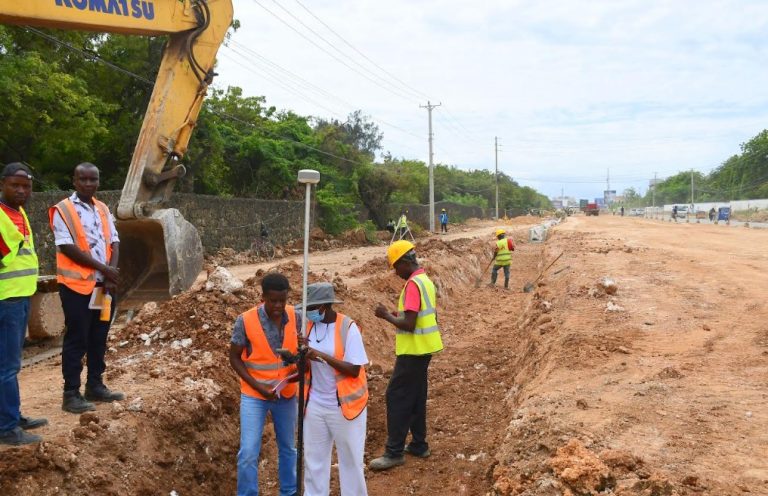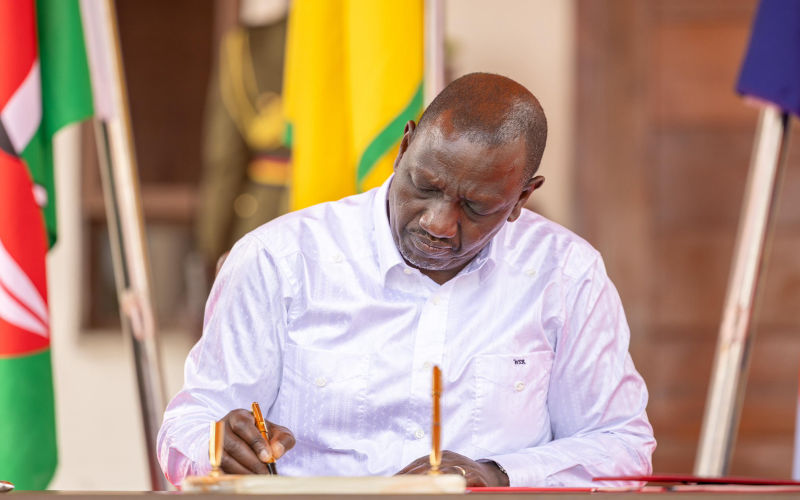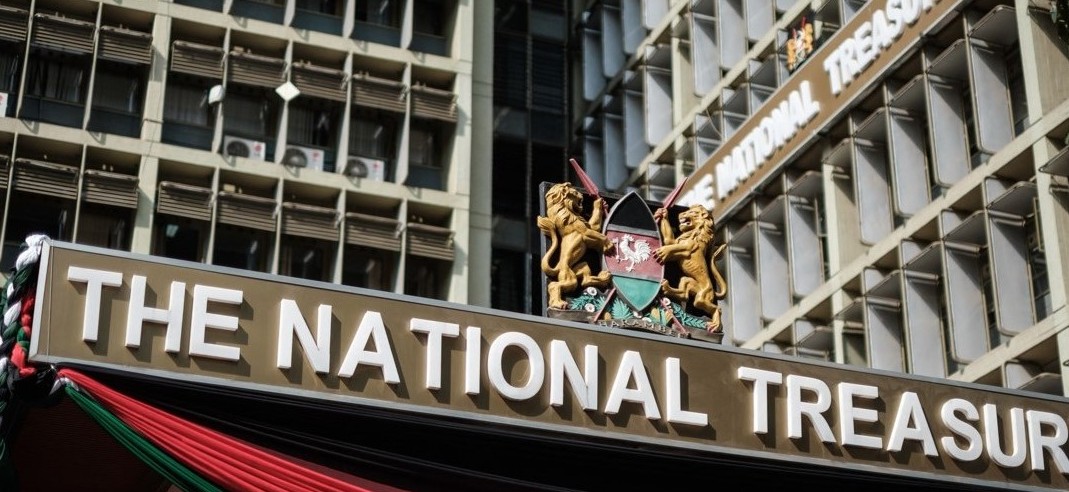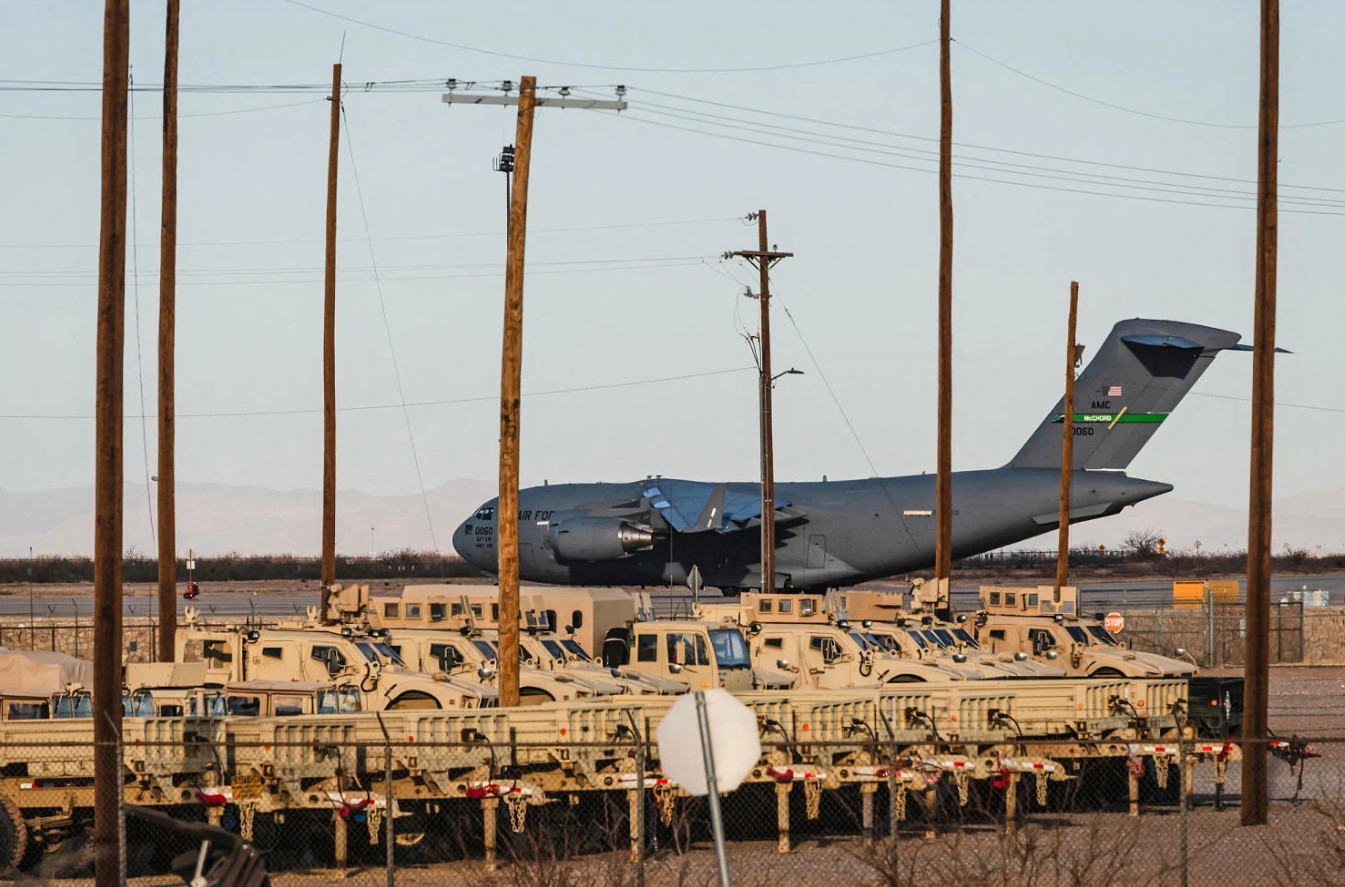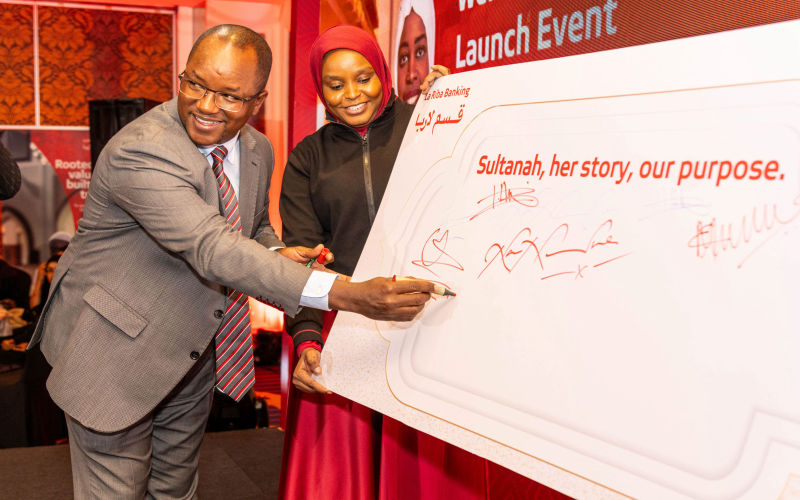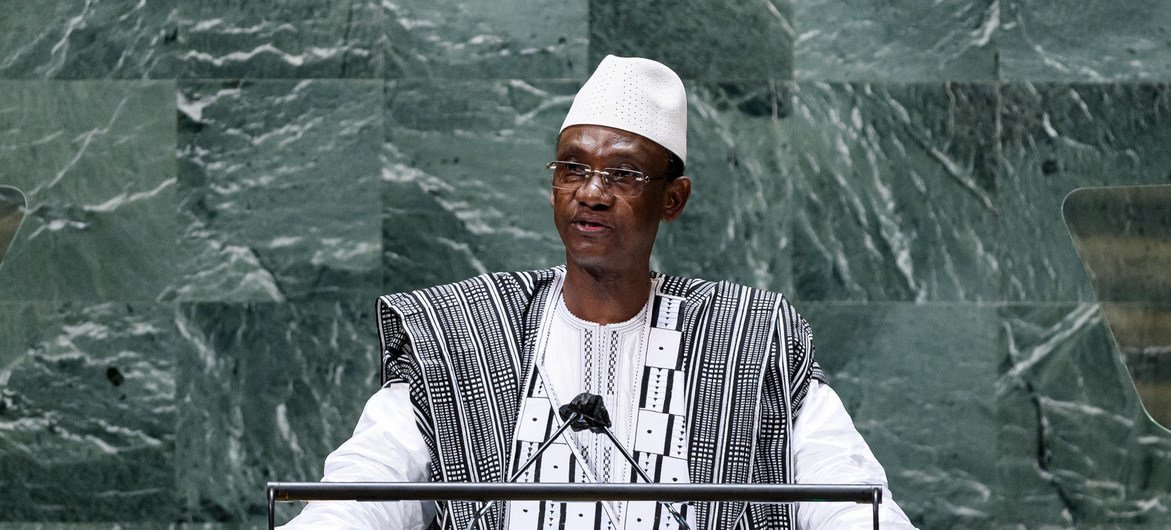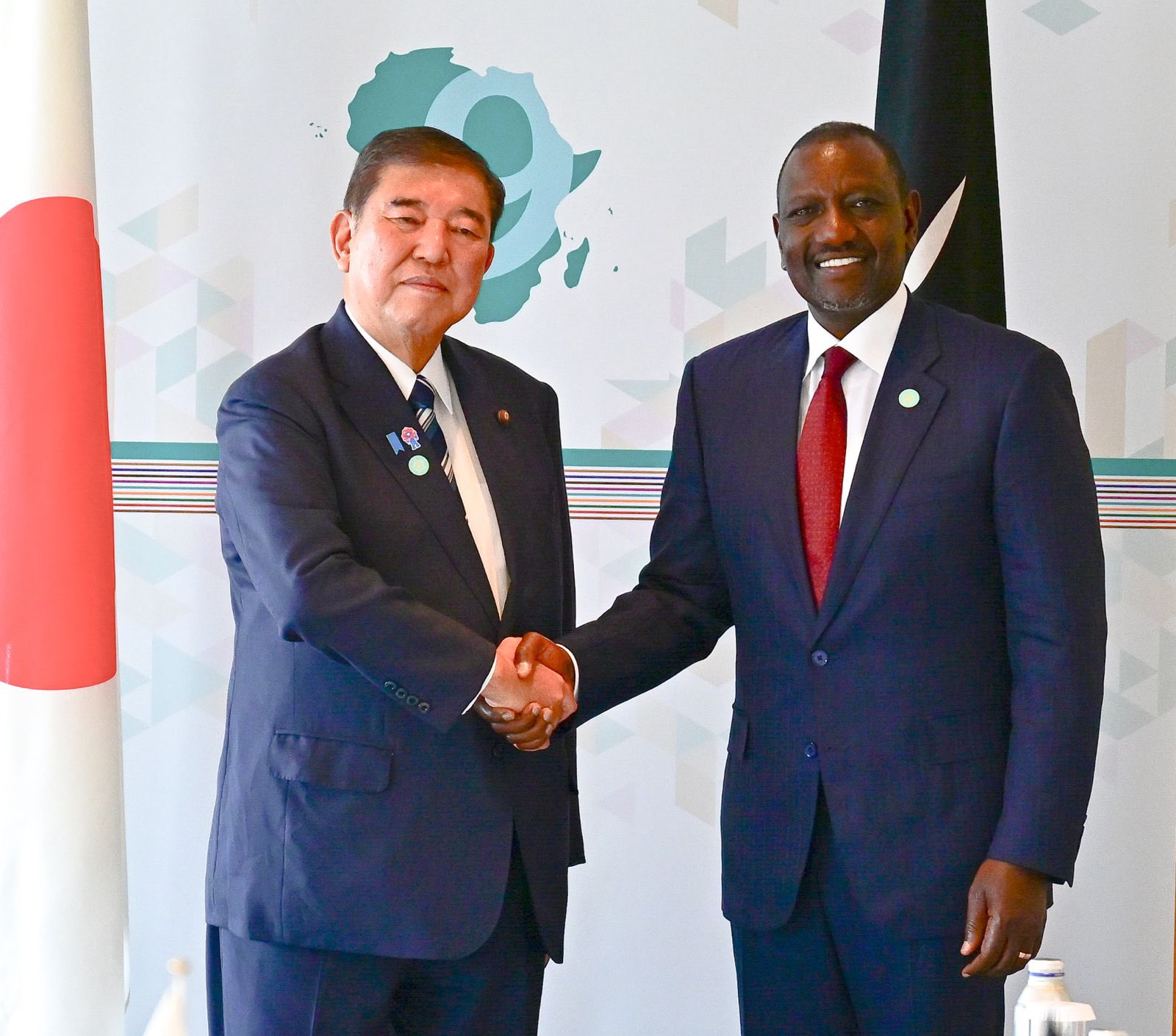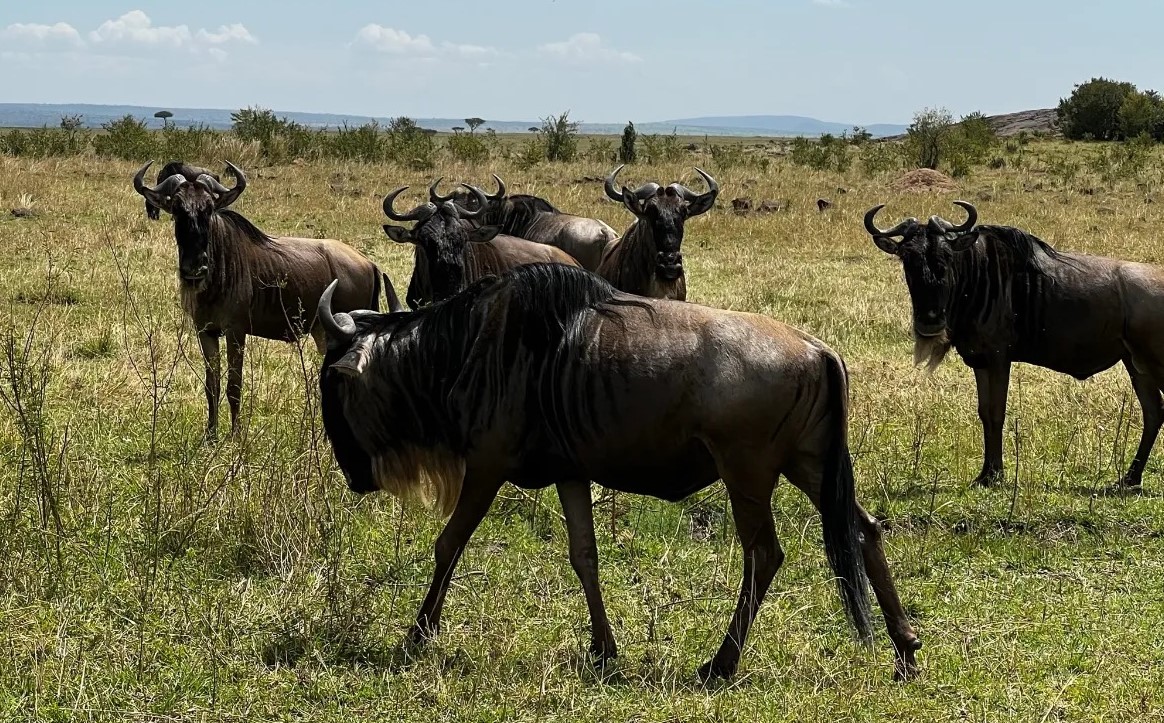US offers Sh1.3 billion reward for information on ISIS-Somalia financial networks
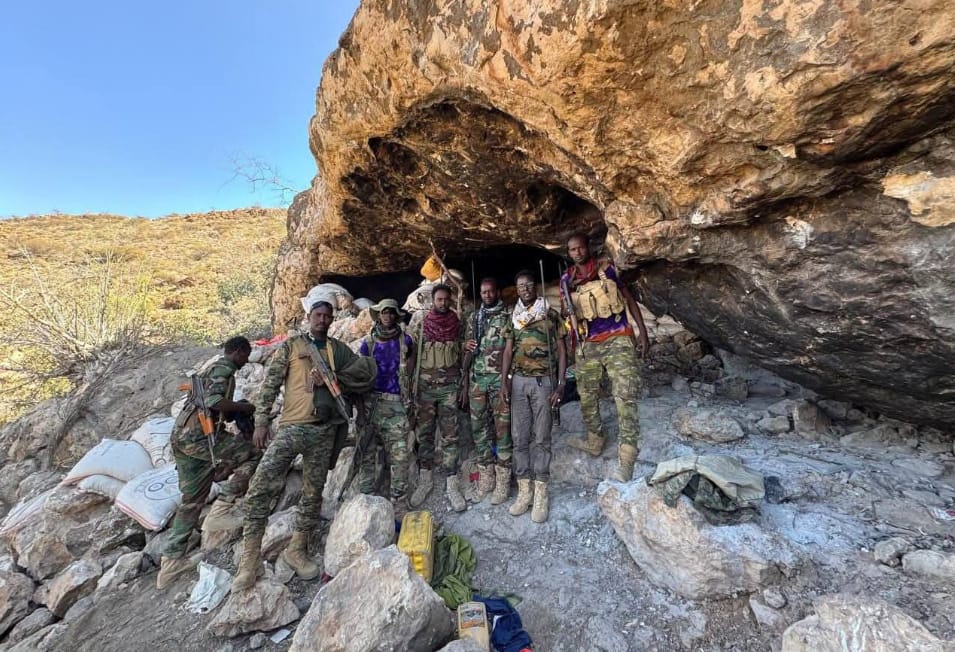
The State Department said the initiative is part of efforts to weaken the global network of the militant group by targeting its financial base.
The United States has announced a reward of up to $10 million ( Sh1.3 billion) and possible relocation support for information that can uncover the financial operations of ISIS-Somalia, a faction American officials describe as one of the Islamic State’s most influential branches in Africa.
The State Department said the initiative is part of efforts to weaken the global network of the militant group by targeting its financial base.
More To Read
- Diphtheria cases surge in Somalia amid sharp US aid cuts
- Chad authorities arrest son of Boko Haram founder Mohamed Yusuf
- Somalia launches Danabeysan digital signature system to streamline government payments
- Why Kenya is seeking external support for counter-terrorism operations in Somalia
- 11 Al-Shabaab militants, including senior leader, killed in airstrike
- China reacts harshly to US senator’s Somaliland remarks
According to the State Department’s Rewards for Justice programme, ISIS-Somalia functions as a major financial channel for the wider ISIS structure. Its revenue streams are drawn from activities that include extortion, money laundering, arms trafficking, and kidnappings for ransom. These activities enable the group to allocate resources not only to its fighters but also to affiliates across various regions.
Officials say the Somali branch has also benefited from piracy in the Gulf of Aden, illegal fishing in regional waters, and enabling human smuggling and the movement of fighters.
To transfer the money it earns, the group depends on couriers who carry cash, electronic remittance systems, and cryptocurrency channels that are difficult to trace.
“Individuals who provide useful intelligence may be eligible for a financial reward and relocation,” the State Department said.
The programme stressed that people willing to share information can communicate securely through Tor, Telegram, WhatsApp, or by calling a designated phone line.
ISIS-Somalia emerged in 2015 under the leadership of Abdulqadir Mumin, a former Al-Shabab cleric. American and Somali officials believe Abdulqadir assumed global leadership of the Islamic State in 2025 following the reported death of the group’s previous leader.
The Somali branch is based in the Al-Miskaad mountains of Puntland’s Bari region, an area that provides access to maritime supply routes and smuggling channels. These routes have been used to maintain contact with external allies and sustain financial transactions.
Investigations by US authorities have highlighted the importance of the al-Karrar office in Somalia, which is described as a key node in ISIS’s financial network. The office has been linked to monthly cryptocurrency transfers that help sustain affiliates within Africa and in other parts of the world.
Officials view this as evidence that ISIS-Somalia is more than a local branch and functions as a regional and international financial hub for the group.
The Puntland regional administration has mounted several operations to dislodge the militants from their mountain bases. In December 2024, Puntland security forces carried out Operation Hilaac, a campaign aimed at dismantling insurgent camps and cutting supply lines. While local authorities claimed progress, the group continues to maintain a presence in remote terrain.
Other governments in the region have also taken action. In July 2025, Ethiopian security forces announced the detention of 82 people accused of being ISIS members who had received training in Puntland. Officials said the arrests underscored the reach of the Somali branch and its role in training fighters who could be deployed beyond Somalia’s borders.
The United States said the new reward is intended to disrupt the group’s financial backbone and reduce its capacity to fund attacks. By offering monetary incentives and relocation assistance, Washington hopes individuals with access to information will come forward, helping to weaken what officials describe as one of ISIS’s most important African affiliates.
Top Stories Today
